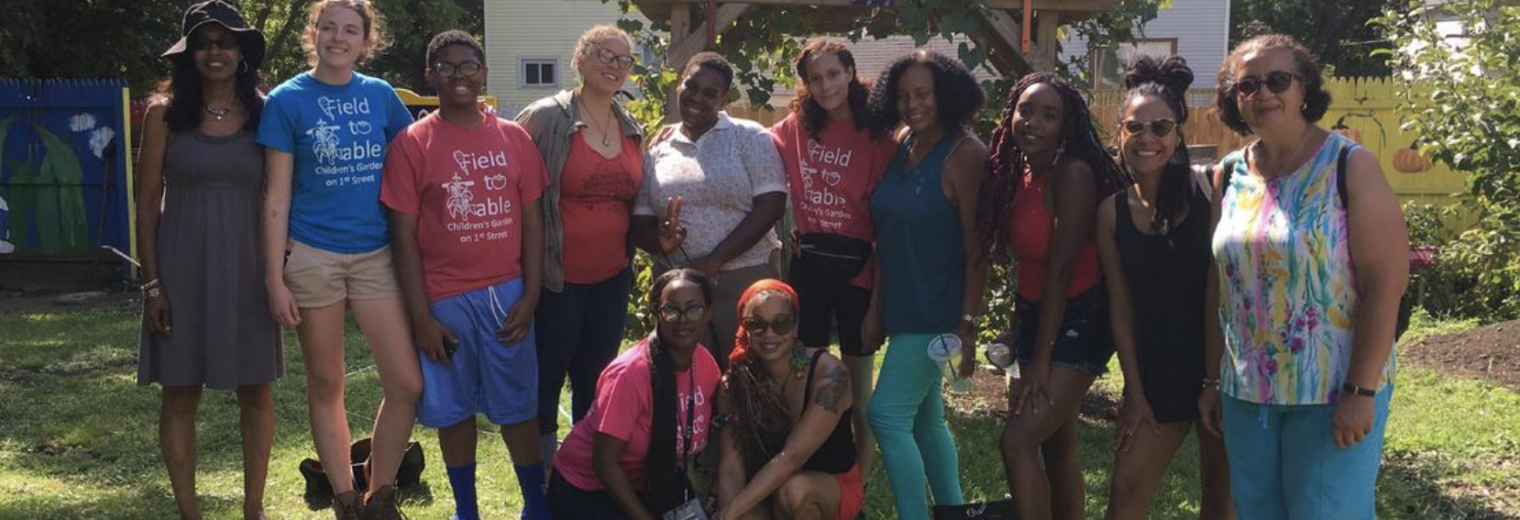“No one should lose their lives while shopping for food.”
– Buffalo Food Equity Network (BFEN)
Because of the history of redlining and ongoing disinvestment in East Buffalo, there are very few grocery stores, leading many Black residents to rely on one neighborhood grocery store for their day-to-day needs. Reliance on the neighborhood grocery stores is especially critical for individuals without cars and the elderly. In a recent household food survey in East Buffalo, 42 percent of respondents reported food insecurity, and 45 percent of those who are food insecure do not own vehicles.
The May 14 terrorist attack at that one grocery store highlights the importance of the work that many Buffalo residents and food equity advocates have been doing to fight food apartheid. The root problem in Buffalo—and Buffalo’s food system—is white supremacy. Black neighborhoods need to be protected from acute violence toward Black people—and from chronic violence resulting from food apartheid. We need both things, and we need them now.
We are calling on policy makers to implement policies that will end acute and chronic violence against Black people. We are calling on policy makers and everyone to invest in Black communities and Black-led initiatives. We are calling on people to exert pressure on elected officials and everyone in their sphere of influence to demand an end to extreme and chronic violence toward Black people.
Text adapted from: BFEN media advisory, May 17, 2022.
In community and solidarity,
Tanya, Christina, Anna, and Tiffani
Read the full issue of the Real Food Scoop
Featured image: Rochester Seed Exchange, courtesy of Buffalo Food Equity Network.

